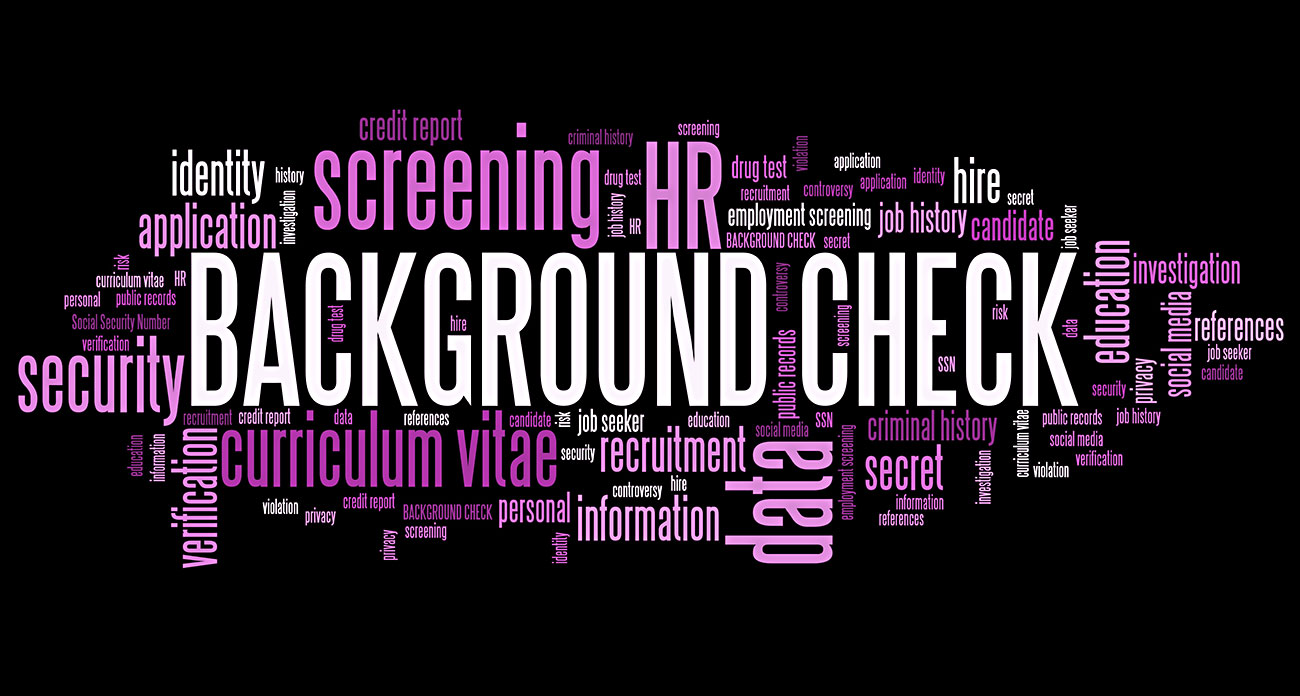Employee background checks play an important role in your hiring. Here's what you should know about background checks when hiring for your small business.
Why is background checking for small business important?
Interviewing job applicants is one way to assess an applicant's fitness for a job before hiring him or her. But interviews only reveal certain information about an employee's character and ability to do the job.
Background checks give important insight into an applicant's prior record. They ensure that an applicant is who he represents himself to be. They also help reduce legal risk and improve the safety and security of your small business. These benefits make background checking for your small business essential.
What type of information can you get from a background check?
Employers can verify several aspects an applicant's prior record through a background check. These include:
- Citizenship or work status
- Employment Records
- School Records
- Credit Reports
- Criminal Records
- Driving Records
- Bankruptcies
- Military Service
- Workers' Compensation Records
The extent to which you can access and apply the above information to your hiring decisions is subject to federal and state laws. If you use the above criteria in a hiring decision, you have to comply with federal laws regarding anti-discrimination in hiring.
To comply with the Fair Credit Reporting Act, you also have to get the consent of the applicant before performing a credit check.
When should you perform background checks?
The best time to perform a background check is after you have a made conditional offer of employment to the applicant. But, make sure it's before he or she begins to work. Make sure the job offer is contingent on a successful background check. It's important to inform applicants before a background check is performed.
You should also explain how background checks may be used and that a job offer could be withdrawn on certain grounds if the background check is unsuccessful.
Background check options
Online employee background check services provide a quick way to perform background checks. Below is a selection of popular background check services. Each service is known for its ease of use, good value and the ability to collect multiple types of applicant information.
BackgroundReport.com
BackgroundReport.com is a DIY background checking website designed in compliance with the Fair Credit Reporting Act. A unique feature of this service is that applicants can participate in the background checking process.
Applicants are informed that a background check is underway and can address issues surfaced in the process. The Premium plan includes information ranging from criminal history to bankruptcy and lien records. The plan is one of the most affordable fully-featured background check options on the market.
Cost: $19.99 to $29.99
AccurateNow
AccurateNow is a background checking service accredited by the National Association of Professional Background Screeners (NAPBS). All of its background checks include a social security number trace and a nationwide criminal database search.
You can also opt for more feature-rich packages for information about an applicant's education and work history. Background reports are easy to read, with a simple green circle with a checkbox representing each successful search.
Cost: $24.95 to $63.95
GoodHire
GoodHire gives employers insight into a wide range of applicant data points. Depending on the background check you choose, you can gain information about an applicant's criminal record only.
Or, you can additionally verify work educational record as part of the Premium package. Because you can purchase individual background checks, GoodHire is a good option for small businesses that perform a low volume of background checks.
Cost: $29.99 to $79.99 each

















